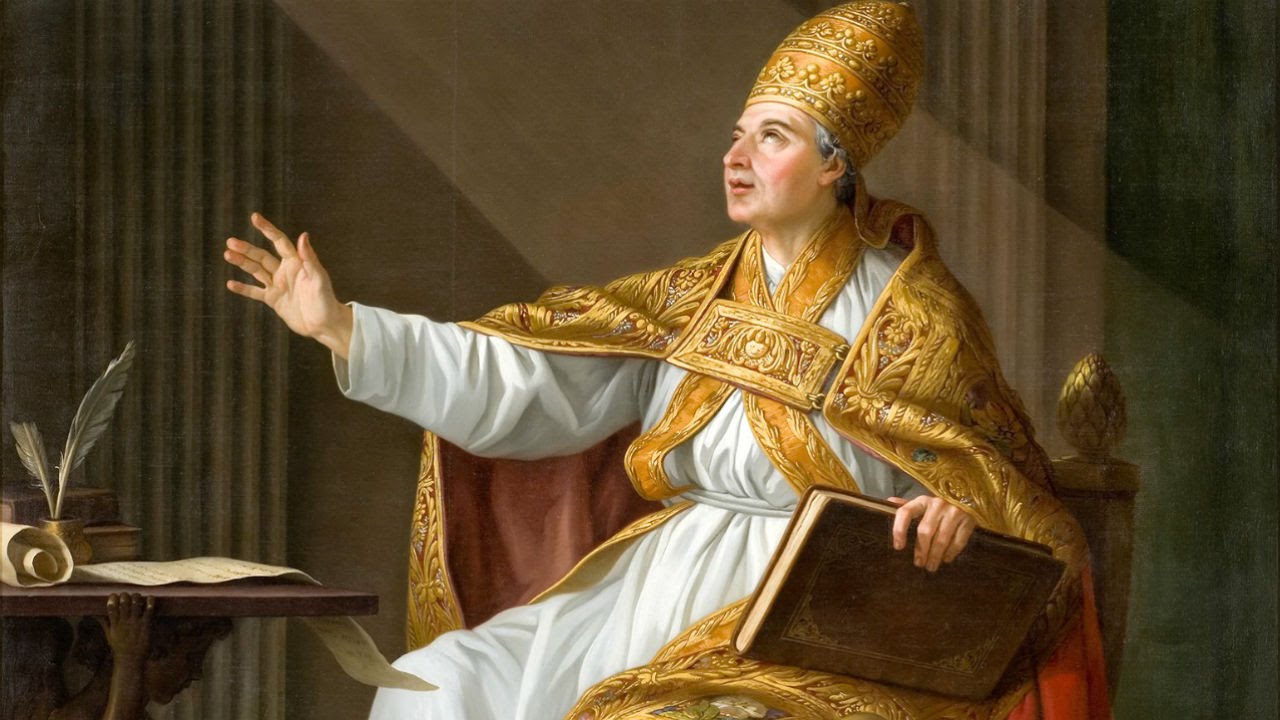

Although Christianity came from Judaism, early Chritians inherited many of their views on music from Greek thinkers like Plato; namely, that music had specific effects on the passions. The attitude of early Christians toward the use of liturgical music (music used for worship) was cautious at first, but became more comfortable over the first few centuries. Soon music became commonplace in Christian worship and many Church Fathers wrote about its proper use and effects.
[Music] has come to depose the bitter oppression of the tyrannical demons. While leading us under the gentle and benign yoke of piety it calls back to heaven those cast down upon the earth. It alone tames man, the most intractable of all beasts." - Clement of Alexandria
When God saw that many men were lazy, and gave themselves only with difficulty to spiritual reading, He wished to make it easy for them, and added the melody to the words, that all being rejoiced by the charm of the music, should sing hymns to Him with gladness." - Saint John Chrysostom
He who sings well prays twice... he who sings praise is not only praising, but praising joyously; is not only singing, but loving Him about whom he sings." - Saint Augustine
Early Christian music consisted of simple monophonic vocal music, sung in an unornamented, syllabic style. Some saw theological significance in this: as Saint John Chrystostom said, "There must always be but one voice in the church, as there is one body. Thus the reader alone speaks, and he who holds the episcopacy sits and maintains silence, and the singer sings psalms alone, and, when all respond, the sound issues as if from one mouth, and only he preaches who gives the homily."
As Christianity developed throughout the Roman Empire and spread to the rest of Europe, the Bishop of Rome, also known as the "Pope," rose to a place of great influence both spiritually and politically. By the sixth century, the influence of the Roman bishopric was so great that Pope Gregory the Great attempted to standardize liturgical music throughout Christendom; thus, early Christian music became known as Gregorian Chant. Future composers would often quote Gregorian melodies in their works.
Dies Irae
Salve Regina
Pange Lingua
Corde Natus ex Parentis